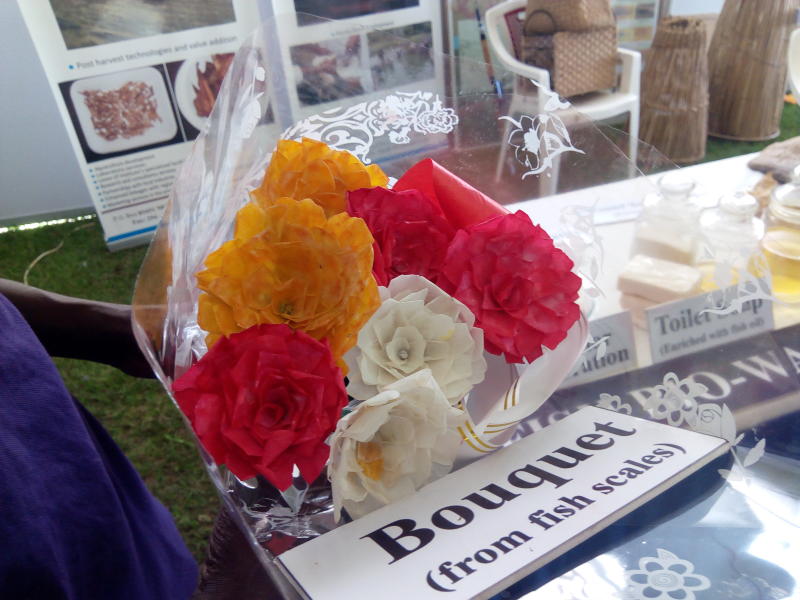×
The Standard e-Paper
Smart Minds Choose Us

At Usenge Beach in Bondo, there are hundreds of fish on sale, including tilapia, Nile perch, mudfish among other species.
The fishmongers remove fish scales and throw them away as waste. What they do not know is that the waste, which includes bladders, could earn them millions of shillings in local and foreign markets.